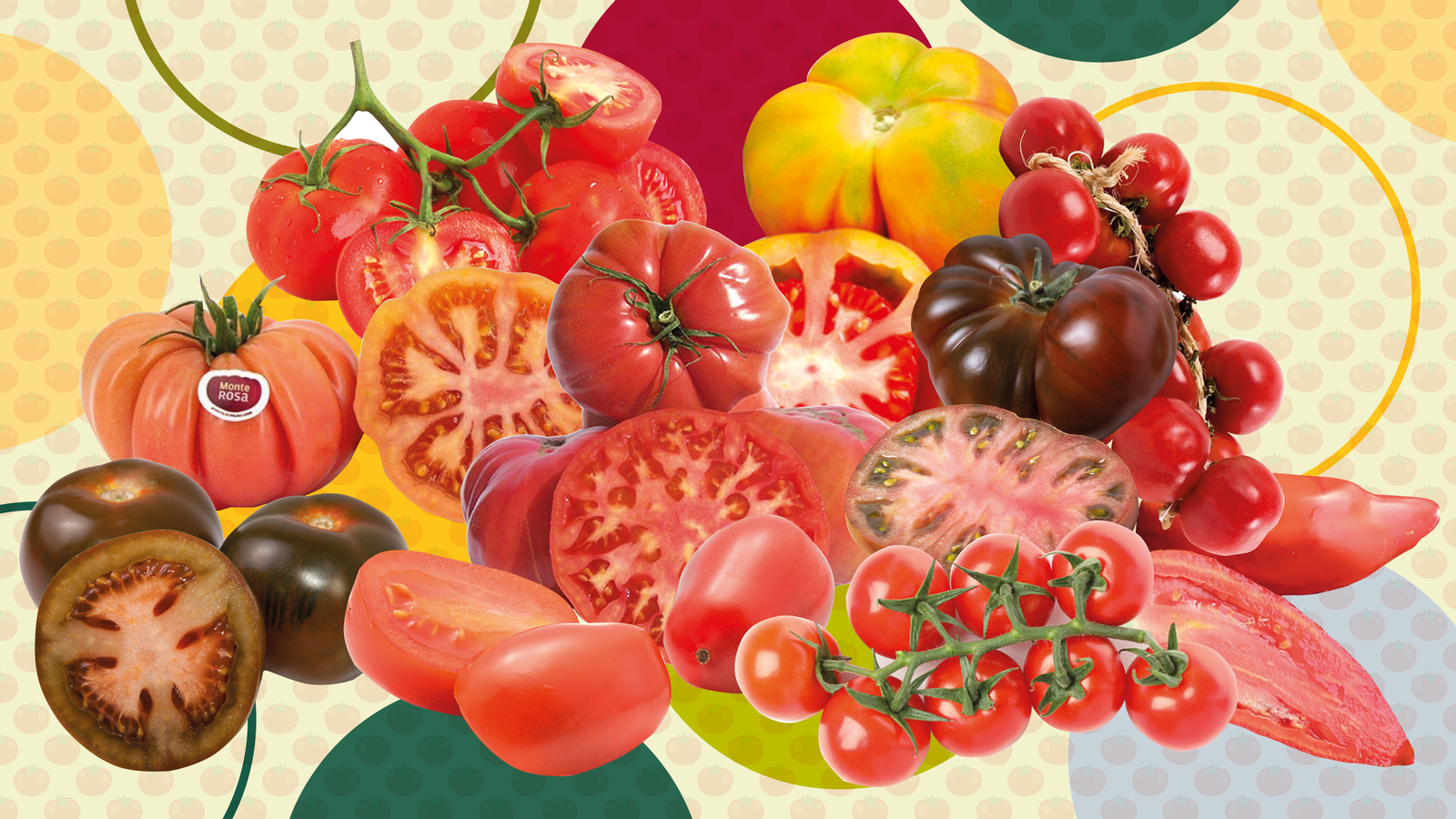Tomatoes: the devilish red that is divine today
A fundamental element of salads, gazpachos and any other dish: we review the history of the tomato, the properties and versatility of a star ingredient against the heat

That intense red, centuries ago, could only be the work of the devil. That's what the first people to see them arrive from America believed. They had a reason to believe so, and not just because of the color. The leaves and roots of the tomato plant, as with many other plants in the Solanaceae family, contain a toxic alkaloid, which wreaked havoc on those who tasted them. All that is a thing of the past. The nutritional properties of tomatoes and their flavor have made them a sought-after food. Let's talk more about their properties: they are rich in lycopene, which is what gives them their red color and is also an antioxidant. Another property: beta-carotenes, which are the precursors of provitamin A, which, in turn, is an ally for maintaining bone tissue. And finally, their flavor, which is different and unique compared to many other summer fruits.
Rosa de Barbastro
It's a native variety from Somontano (Huesca). It's a large tomato with thin, pink skin, very fleshy, and few seeds.
Raf
With a distinctive green color, it is highly valued for its sweet flavor and texture. It is native to Almería.
Branch
Very common in markets due to its year-round availability. It's used in salads and is also ideal for making salmorejo and gazpacho.
Montserrat
Its firm skin and low pulp make it ideal for stuffing.
Canary
It is the most commonly used tomato for making sofritos and other sauces, as well as jams.
Oxheart
Large (can weigh up to half a kilo) and very juicy. Best eaten raw at room temperature.
Hanging, 'tomacó', or 'de ramellet'
Small in size, with plenty of pulp, its thick, tough skin ensures a long shelf life. In the past, they were preserved hanging in bunches and lasted up to a year. Ideal for making tomato bread.
Horn pepper
A very elongated tomato, shaped like a long pepper. This variety is very fleshy and has few seeds, making it ideal for dressing, preparing dried fruit, or preserving.
Pear
With its elongated shape, mild flavor, and thin skin, it is widely used in preserves due to its meaty consistency and easy peeling.
Kumato
Also known as black or blue tomato.
It is used in salads, skewers, pizzas and pastaThe yellow variety is less acidic than the red and adds a sweet touch to dishes.
Monterosa
This Catalan variety is a cross between a Girona pear tomato and a Costoluto Genovese.
